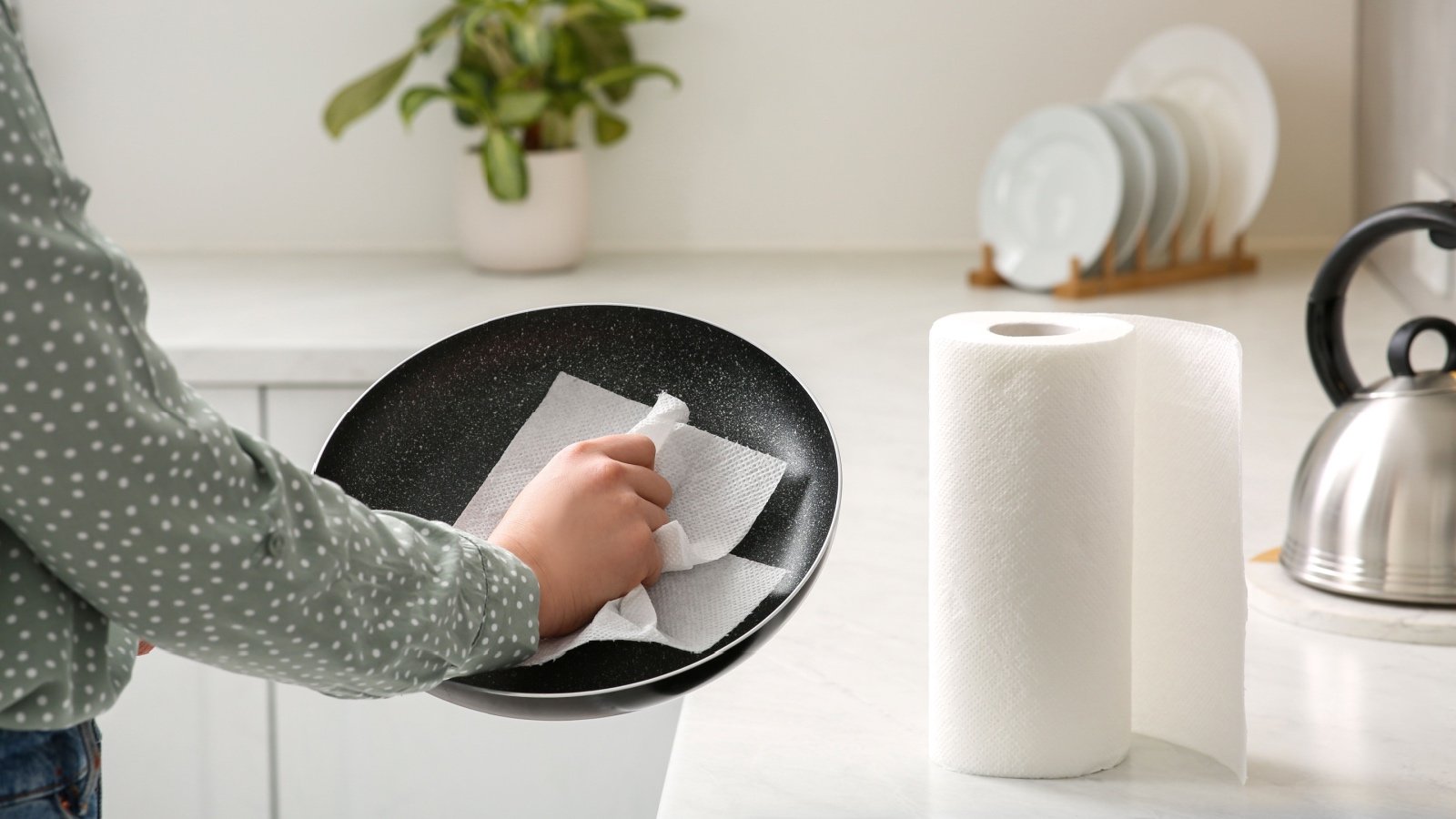In today’s evolving consumer landscape, discerning shoppers are increasingly questioning the necessity and value of many traditional purchases.
As environmental awareness grows and technology advances, certain items have become uneconomical or environmentally unfriendly. This shift is not just about saving money—it’s about making responsible choices that reflect our modern values.
Let’s further explore everyday items that have lost their place on our shopping lists.
Single-Use Plastic Water Bottles

Single-use plastic bottles are detrimental to the environment due to their non-biodegradable nature. Reusable water bottles are a cost-effective and eco-friendly alternative. By switching to sustainable options, individuals contribute to reducing global plastic waste.
Cable Television Subscriptions

With the rise of streaming services, traditional cable subscriptions are becoming obsolete. Streaming platforms often offer a more personalized and diverse selection of content at a lower cost. Consumers are increasingly cutting the cable cord in favor of these more flexible services.
Pre-Packaged Produce

Pre-packaged fruits and vegetables typically cost more and generate unnecessary plastic waste. Buying loose produce not only reduces environmental impact but also allows for more control over quantity and freshness. Shoppers are encouraged to bring reusable bags to further minimize their ecological footprint.
Landline Phones

In an age dominated by mobile devices, landline phones are often redundant. Most households find that cell phones meet all their communication needs, making landlines an unnecessary expense. Eliminating the landline can simplify communications and reduce monthly bills.
Paper Towels

Paper towels, while convenient, contribute to deforestation and waste. Reusable cloths and sponges offer a more sustainable and cost-effective way to clean up spills. Many households are adopting these alternatives to decrease their environmental impact.
Incandescent Light Bulbs

Incandescent bulbs are energy inefficient compared to their modern counterparts like LEDs, which use up to 75% less energy and last 25 times longer. The initial higher cost of LED bulbs is offset by their lower operating costs and longevity. Transitioning to energy-efficient lighting options is both economically and environmentally prudent.
Disposable Razors

Disposable razors are not only expensive over time but are also difficult to recycle, contributing to landfill waste. Investing in a reusable razor with replaceable blades can save money and reduce waste. This change is a simple step towards a more sustainable grooming routine.
Fast Fashion

Fast fashion contributes to massive textile waste and often involves unethical labor practices. Consumers are becoming more conscious, opting for quality over quantity and supporting brands with sustainable and ethical manufacturing processes. Choosing durable and timeless clothing reduces waste and promotes a more ethical fashion industry.
Plastic Straws

Plastic straws are a significant source of ocean pollution and are often unnecessary. Alternatives like metal, glass, or bamboo straws are reusable and environmentally friendly. Many restaurants and bars are now adopting this eco-conscious trend.
Magazine Subscriptions

Physical magazines can be costly and contribute to paper waste. Digital versions provide the same content without the environmental impact. As more readers prefer consuming content online, digital magazine subscriptions are increasing in popularity.
Expensive Gym Memberships

Many are finding that expensive gym memberships are not essential for staying fit. Free online fitness tutorials and outdoor activities offer ample opportunities for exercise without the hefty price tag. This shift is part of a larger trend towards more personalized and cost-effective fitness solutions.
Novelty Kitchen Gadgets

Many specialty kitchen gadgets perform tasks that can easily be done with basic cookware. These items often end up unused, taking up valuable space and wasting money. A minimalist approach to kitchen tools can enhance efficiency and reduce clutter.
CDs and DVDs

With digital media available at our fingertips, CDs and DVDs are becoming relics. Online streaming and downloadable content provide convenient access to music and movies without physical clutter. This transition is part of the broader digital media revolution.
Takeout Coffee

Regularly purchasing takeout coffee accumulates significant annual expenses. Brewing coffee at home is considerably cheaper and reduces the use of disposable cups. Many coffee enthusiasts are investing in good coffee machines and enjoying café-quality brews at home.
Bank Fees

Many consumers are questioning the justification for paying bank fees for basic account services. Shopping around for banks that offer fee-free checking and savings accounts can save hundreds of dollars annually. Financial technology companies are increasingly providing competitive alternatives that challenge traditional banking fees.
Excessive Souvenirs

Tourists often purchase souvenirs that are seldom used post-vacation. Focusing on fewer, more meaningful mementos can save money and prevent waste. This mindful approach enhances the value and significance of travel keepsakes.
Unnecessary Phone Upgrades

Constantly upgrading to the latest smartphone model is an expensive habit. Many find that holding onto their devices longer does not significantly impact functionality. This resistance to frequent upgrades can save money and reduce electronic waste.
Alarm Clocks

With most smartphones equipped with alarm functions, traditional alarm clocks are rarely needed. This redundancy makes purchasing a separate alarm clock an unnecessary expense. Eliminating this extra purchase helps declutter bedside tables and simplifies morning routines.
Premium Gasoline

For most cars, premium gasoline does not provide any additional benefit unless specifically required by the manufacturer. Using regular gasoline can save considerable amounts of money over time without affecting vehicle performance. This is a simple adjustment that can lead to significant savings.
Extended Warranties

Extended warranties are often not cost-effective for many products, particularly electronics. Statistics show that most gadgets either malfunction within the standard warranty period or are far beyond the extended warranty terms. Instead of purchasing these warranties, setting aside money for potential repairs might be a wiser financial decision.
Manual Toothbrushes

While manual toothbrushes are still widely used, electric toothbrushes offer superior dental hygiene by reducing plaque and gingivitis. Many dentists now recommend electric toothbrushes as a worthwhile investment in oral health. Switching to an electric toothbrush can improve dental care routines and outcomes.








